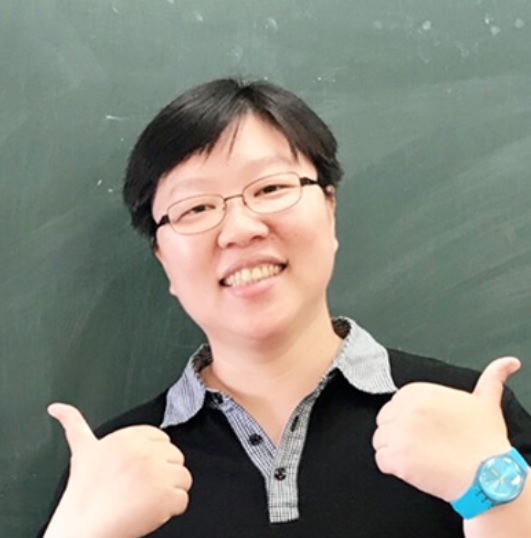Course Description
This course starts from the establishment of a circular ecosystem (aquaponics) as a teaching
module, and guides students into the concept of circular economy through ecological cycles and
the big data ecological economy. It integrates humanities and technology, theory and practice.
Learning Hours
Total Learning hours 6 Hours of learning (Total length of video content 5 Hour 40 Minutes)
Learning objectives
- Develop an in-depth understanding of the concept of circular economy and its importance in achieving sustainable development goals.
- Explore the various strategies and models employed in the implementation of circular economy practices across different industries and sectors.
- Analyze case studies of successful circular economy initiatives and identify the key factors contributing to their effectiveness.
- Engage in critical discussions and debates surrounding the circular economy,considering diverse perspectives and potential trade-offs.
- Foster creativity and entrepreneurial thinking to generate innovative solutions for the implementation of circular economy practices.
Learner Qualifications
This course is a basic conceptual course with no background knowledge required and is suitable for all learners who are interested in artificial intelligence.
Criteria for measurement and evaluation
completing pre-test, test during the course, and final exam
Learner having total score no less that 60% is considered to have passed the criteria to receive a certificate in the system
Course Instructor Team
Main Instructor
Yen-Ling Lin
Position:Professor of the department of Economics , Tamkang University

Creative commons license agreement
“These learning materials by Tamkang University is a part of Thai MOOC project (thaimooc.org)
and is publish under under a Creative Commons Attribution-Non Commercial-Share Alike 4.0 International License CC BY NC SA ”


![]()